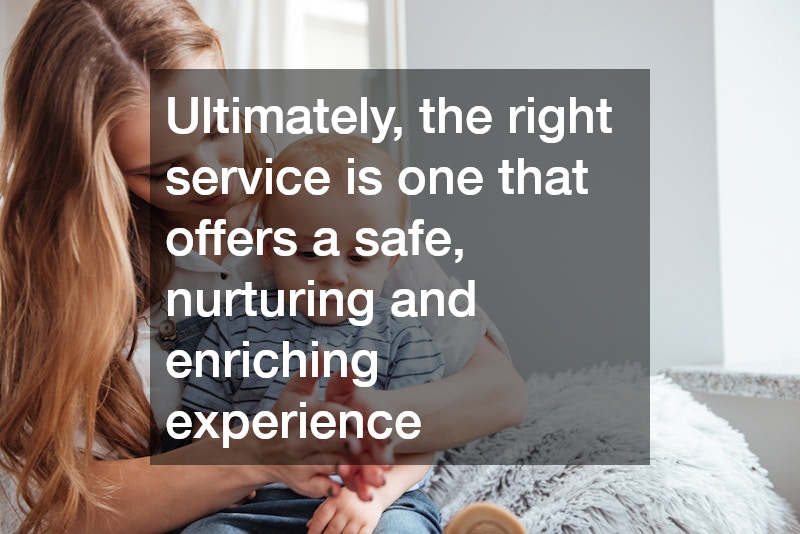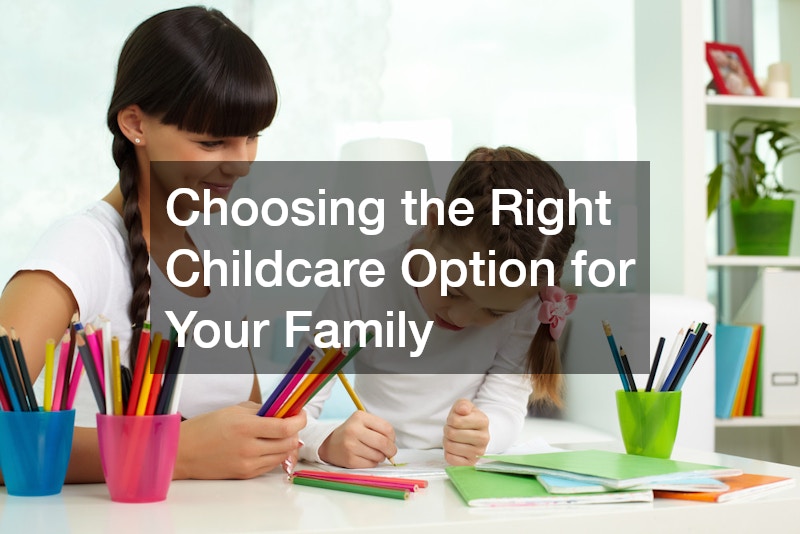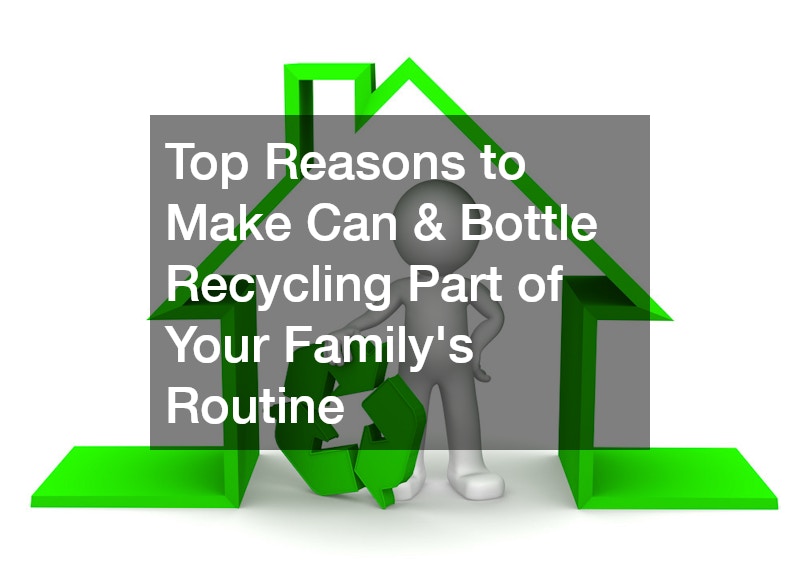Selecting the right childcare option is one of the most important decisions parents face. With so many factors to consider—such as cost, convenience, philosophy and quality—it’s essential to be well-informed. The ideal solution will support your child’s growth, provide peace of mind and suit your family’s unique lifestyle and values.
This article explores different types of care, what to look for when making a choice and practical steps to help you feel confident in your decision.
Centre-Based Care vs Home-Based Care: Pros & Cons
Centre-based care, such as long day care or occasional care centres, is typically structured and regulated. These settings have multiple educators, age-based groupings and follow the Early Years Learning Framework (EYLF). They are well-suited to families who value consistent routines, broad social interaction and access to trained staff. Centre-based care often offers a wider range of learning activities, more opportunities for children to engage with peers and the reassurance of back-up staff when primary carers are unavailable.
On the other hand, home-based care—such as family day care—takes place in the educator’s own home and usually involves smaller groups. This option can offer more individual attention and a familiar, intimate environment that some children find more comforting. It also provides greater flexibility in daily routines and hours, which can be particularly helpful for families with varying schedules.
Both approaches can provide high-quality care. The right choice ultimately depends on your child’s personality, your family’s preferences and the kind of environment you believe will best support your child’s early development.
Key Factors to Consider
When considering your options, location and hours are often top priorities. Choosing a service close to home or your workplace can make the daily routine far more manageable, particularly if you have a tight or irregular schedule. It’s also important to check the opening and closing times to ensure they align with your needs—especially if you work early mornings, late evenings or shifts.
Another essential factor is staff qualifications and ratios. Services with well-trained educators in early childhood education tend to foster a more engaging, supportive environment. Observing how educators interact with children can reveal a lot about the service’s culture and priorities. Equally important are the educator-to-child ratios, as these influence the level of individual attention your child may receive throughout the day.
Cost is also a key consideration. Fees can vary widely depending on the service type, location and what is included—such as meals, nappies or excursions. Many families are eligible for the Child Care Subsidy (CCS), which is income-tested and can cover a substantial portion of the fees. This subsidy is paid directly to your chosen provider, helping reduce out-of-pocket costs. To estimate what you may be entitled to, you can use the online calculator on the Services Australia website. Keep in mind that some providers may charge fees for public holidays, require a bond or expect a certain notice period if you intend to withdraw your child, so it’s wise to read the terms and conditions carefully before committing.
Visiting Services & Asking the Right Questions
Before making a final decision, visiting several services in person can offer valuable insight. Touring the premises, observing routines and speaking with staff can help you understand the atmosphere and how the service operates. This is also an opportunity to ask specific questions about daily schedules, how educators handle behaviour and conflict, how meals are provided and what policies are in place for illnesses or emergencies. You might also want to ask how the service communicates with families about a child’s progress and day-to-day activities.
These visits not only help clarify your options but also allow your child to begin becoming familiar with new surroundings. This early exposure can make the transition into care much smoother when the time comes.
Matching Values & Learning Approaches
Every family has different beliefs and expectations when it comes to early education. Some parents prioritise structured learning, while others value play-based exploration. Services may follow different philosophies—such as Montessori, Reggio Emilia or Steiner—which influence how learning is delivered.
Choose a provider whose approach aligns with your values and goals. This consistency helps children feel secure and ensures your expectations are met. Reading each service’s statement of philosophy or pedagogical framework can give further insights into whether it’s the right fit.
Long-Term Considerations & Family Goals
While short-term convenience is important, it’s also worth considering the long-term role the service will play in your child’s development. A consistent early learning environment builds strong foundations for literacy, social skills and resilience. If you plan to stay with a provider for several years, ask about transitions into preschool or kindergarten programs within the same service.
Some centres offer extended learning opportunities like language classes or nature-based play, which may influence your decision depending on your family’s goals.
Choosing the right childcare option involves balancing practical needs with personal preferences. By exploring the available types of care, understanding quality standards and asking thoughtful questions, families can make a confident and informed choice.
Ultimately, the right service is one that offers a safe, nurturing and enriching experience—setting the foundation for your child’s lifelong learning and wellbeing.
.




